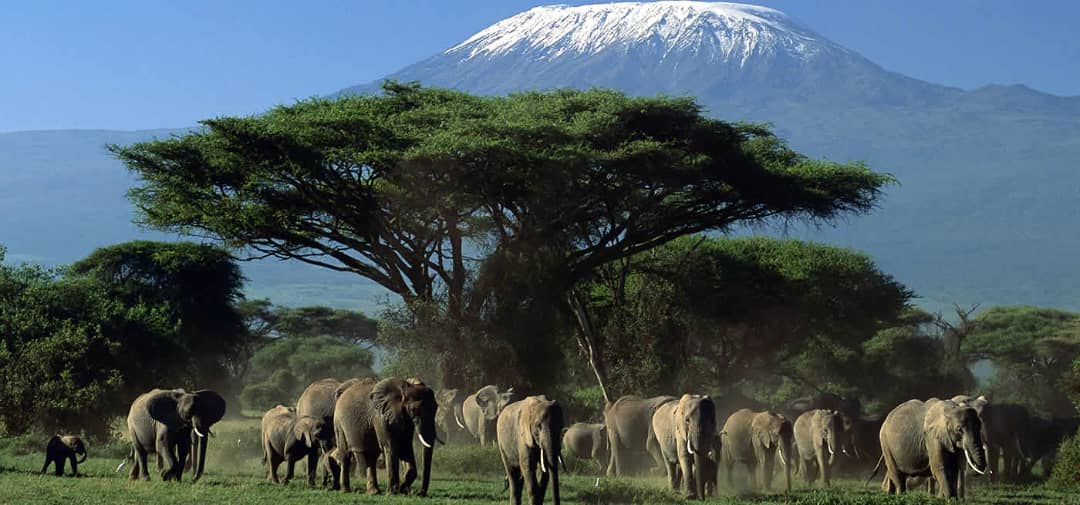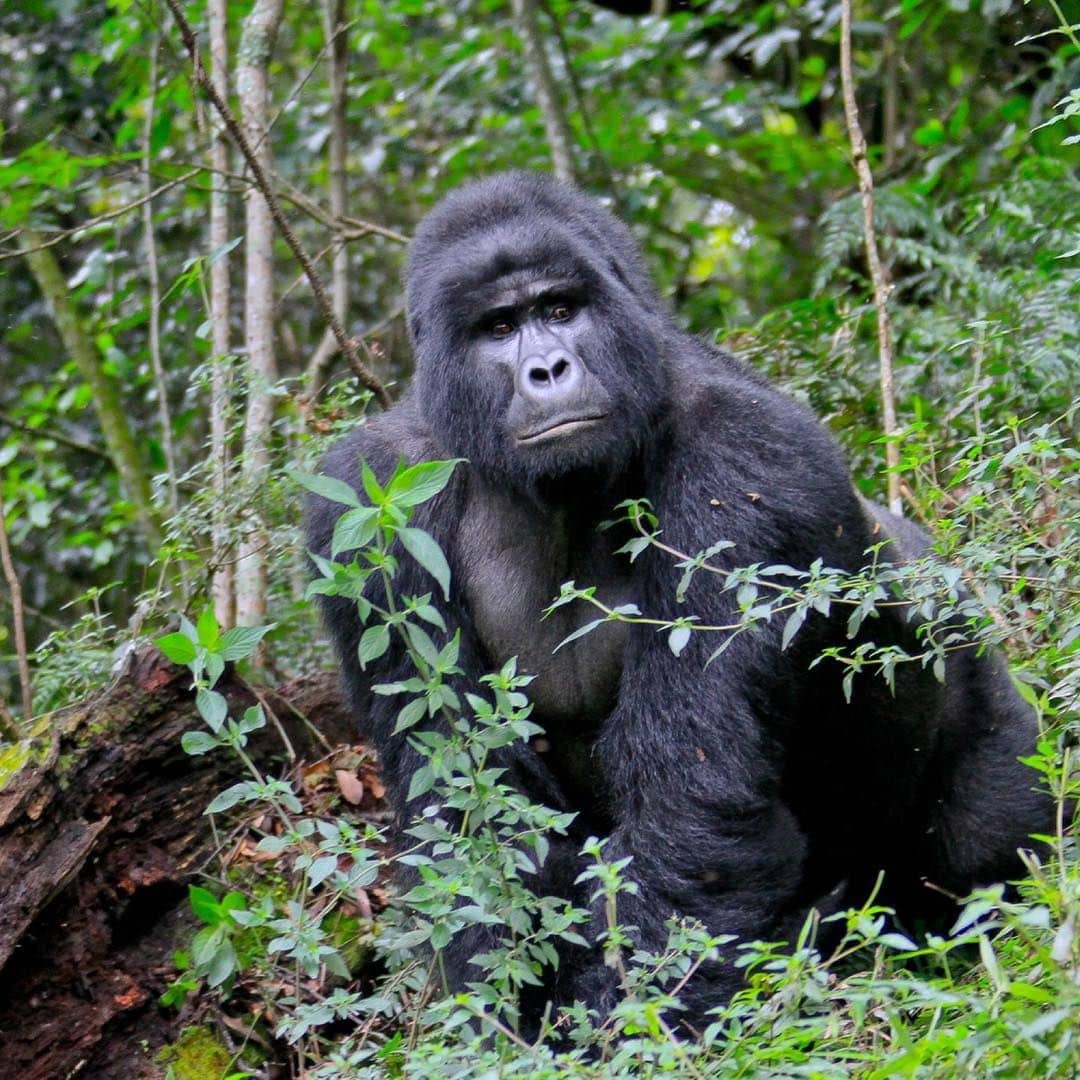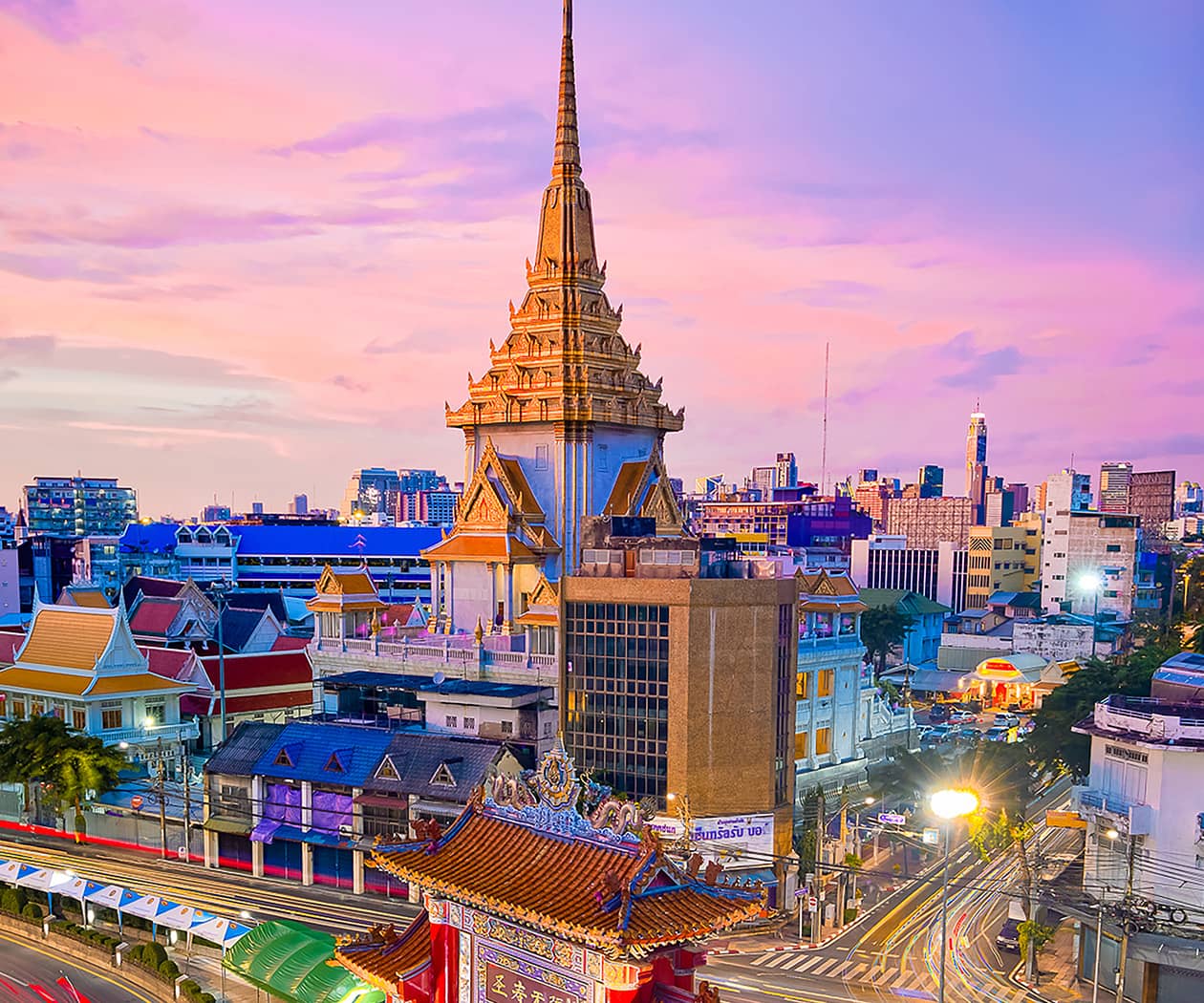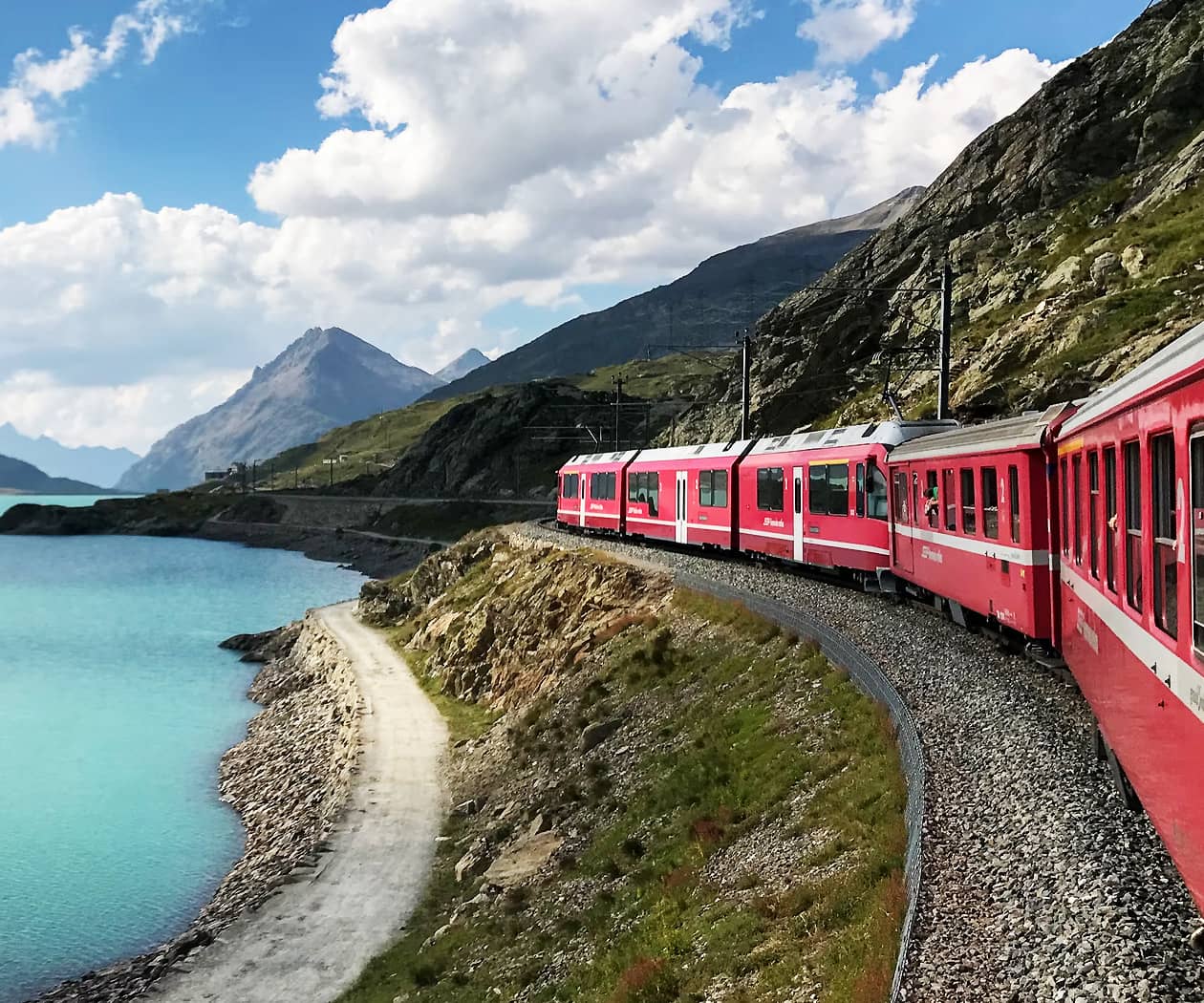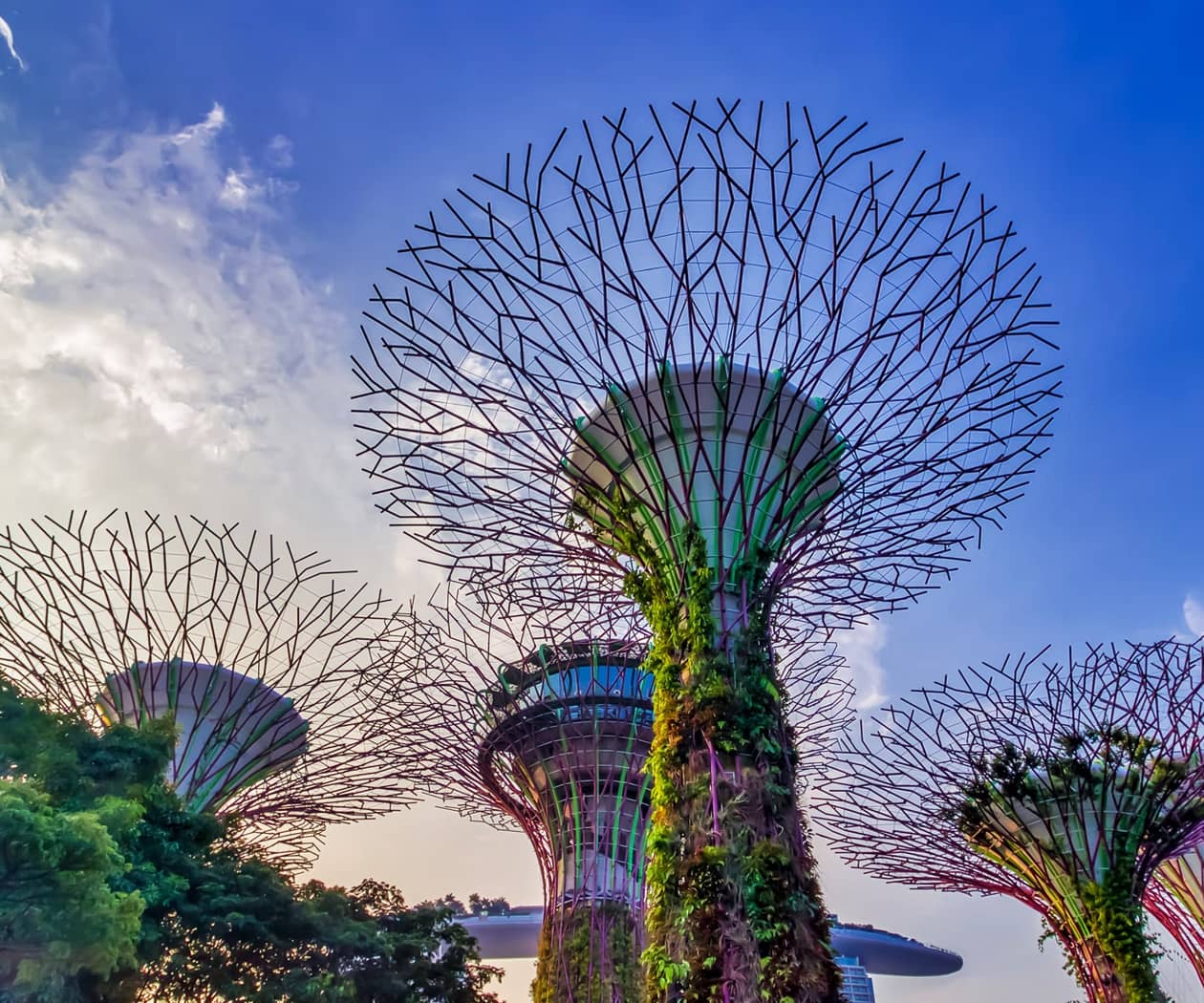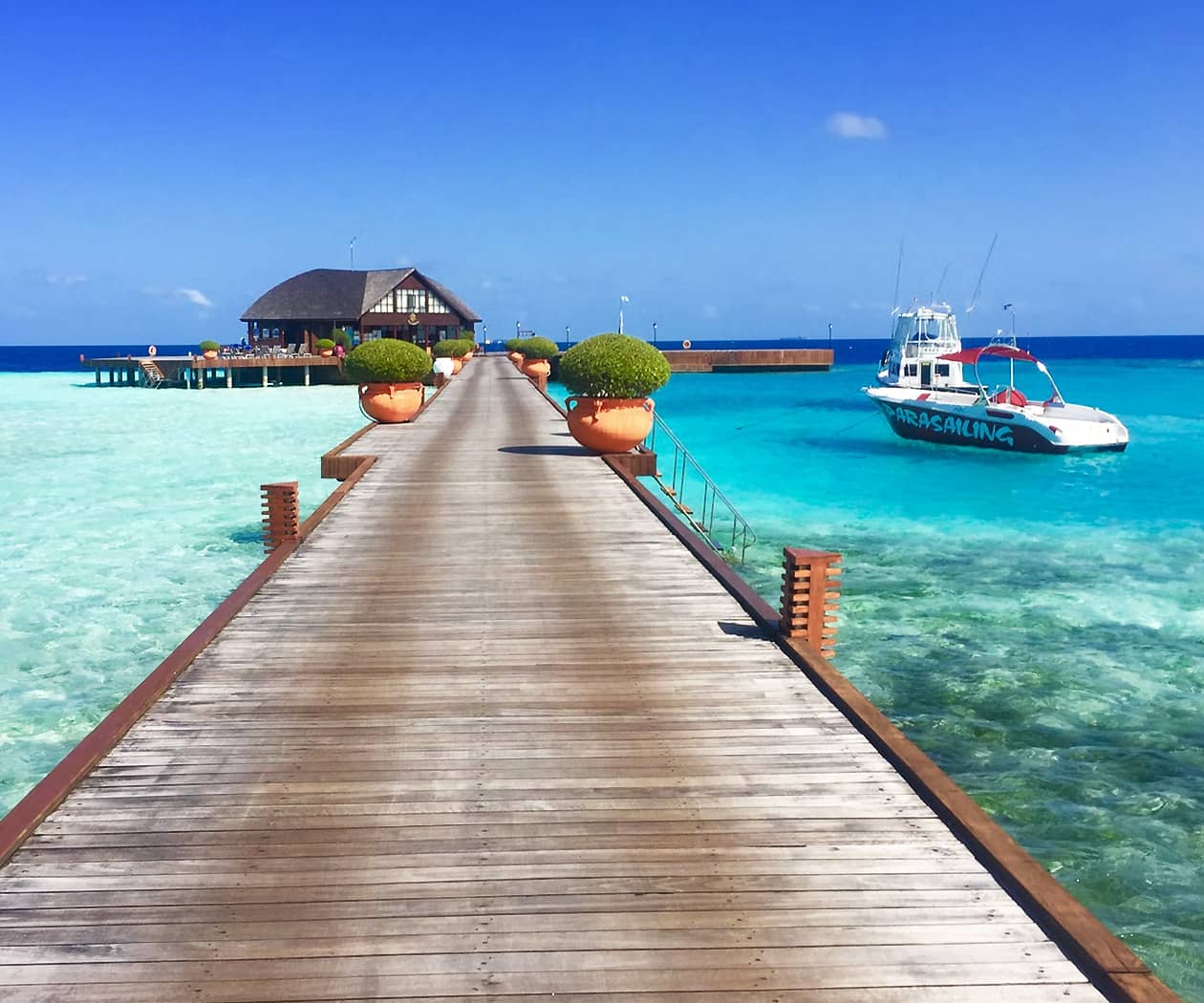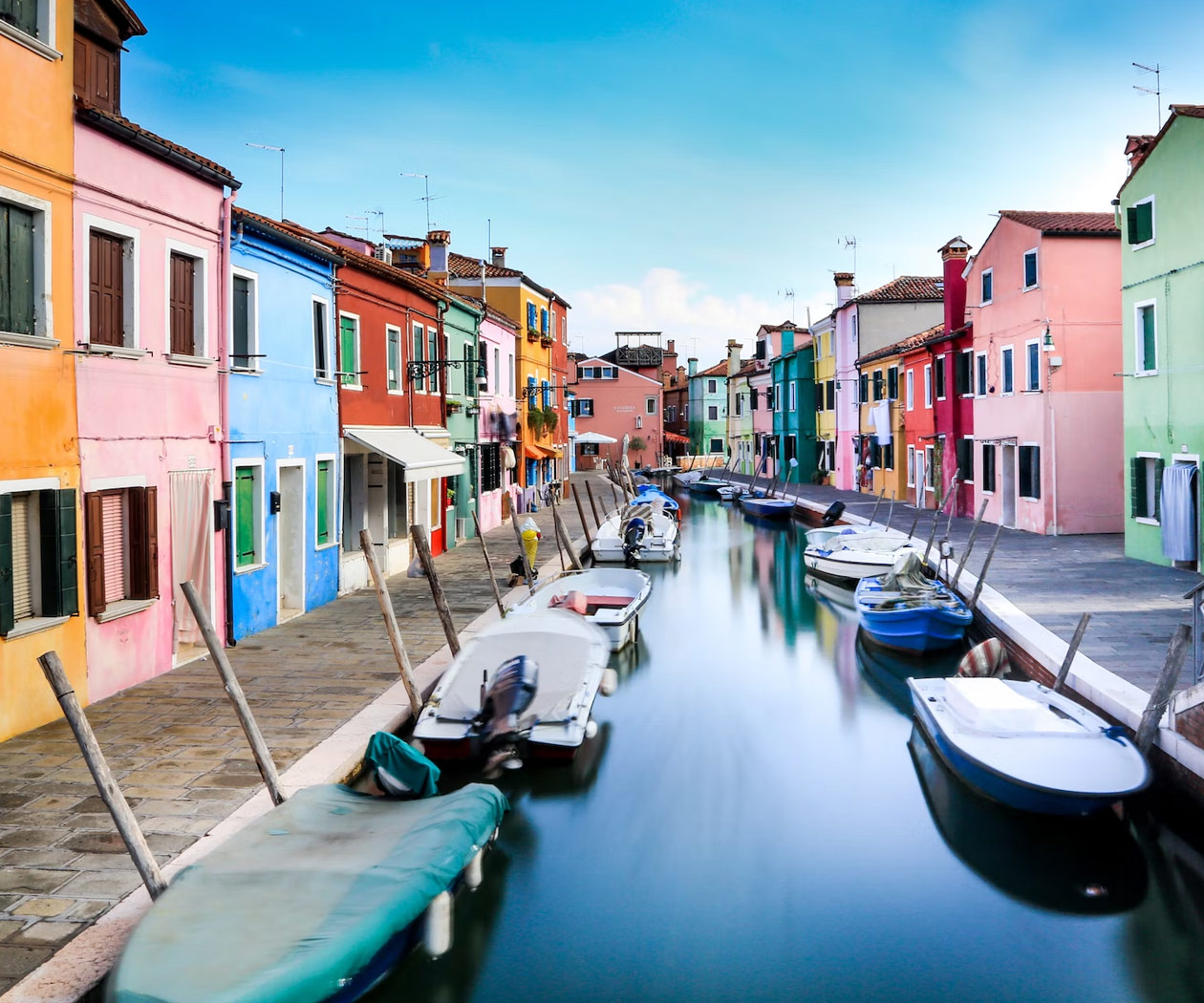Visiting a Batwa Community: What to Expect and Respect
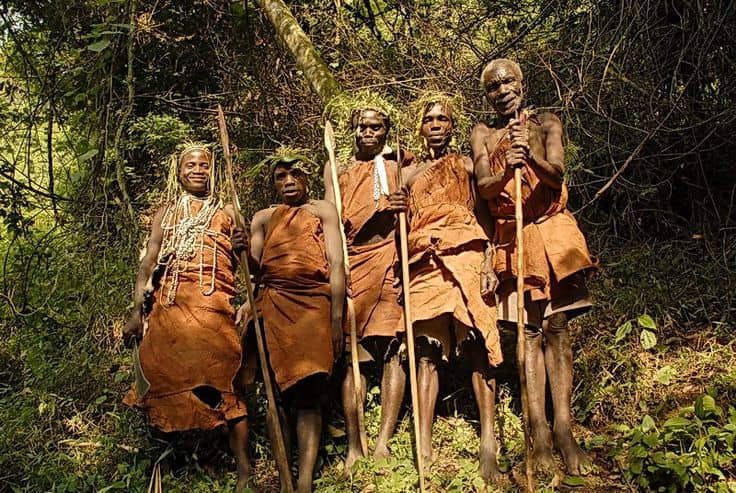
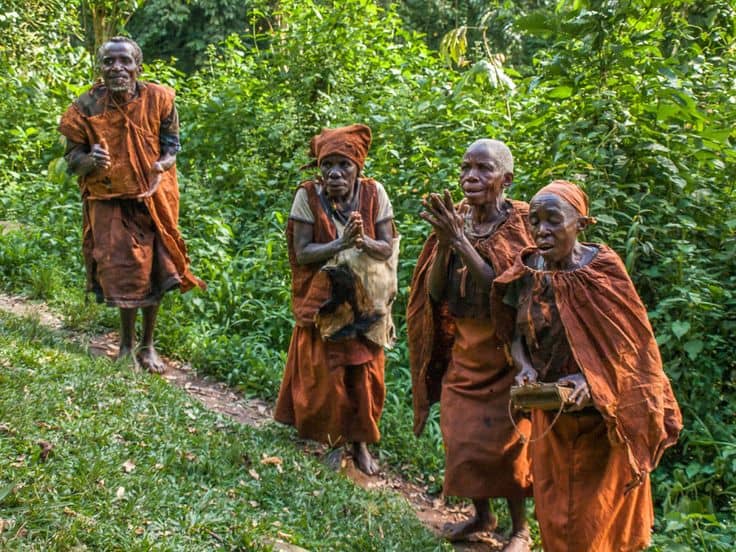
Uganda offers travelers more than just wildlife safaris and gorilla trekking, it’s also a chance to connect with some of Africa’s most ancient cultures. One of the most profound cultural experiences you can have is visiting a Batwa community: what to expect and respect. The Batwa, often called “pygmies,” are the original inhabitants of Uganda’s rainforests, with a rich heritage dating back thousands of years.
However, tourism interactions must be handled with care, respect, and cultural sensitivity. This guide will help you prepare for an authentic, meaningful visit while ensuring you honor Batwa traditions and contribute positively to their community.
Who Are the Batwa?
The Batwa are an indigenous group who once lived as hunter-gatherers in the forests of Uganda, Rwanda, and DR Congo. When Bwindi Impenetrable Forest and Mgahinga Gorilla National Park were established for conservation, the Batwa were displaced, losing their ancestral lands. Today, many live in settlements near the parks, preserving their culture while adapting to modern challenges.
Why Visit?
Learn about one of Africa’s oldest cultures
Support sustainable community tourism
Gain a deeper understanding of Uganda’s history
What to Expect When Visiting a Batwa Community
1. A Warm but Reserved Welcome
The Batwa are generally welcoming but may initially appear shy. Unlike some tourist-oriented cultural villages, Batwa communities offer raw, unfiltered glimpses into their way of life.
Greetings: A simple handshake or nod is appropriate.
Photography: Always ask permission first (some may decline).
2. Traditional Demonstrations
Many Batwa communities share aspects of their heritage through:
-
Hunting techniques (using bows, arrows, and nets)
-
Medicinal plant walks (forest remedies passed down for generations)
-
Storytelling and dance (sacred songs and legends)
3. Simple Living Conditions
Batwa homes are typically made of mud, grass, and bamboo. Don’t expect modern amenities, this is a chance to see how they truly live.
How to Respect Batwa Culture During Your Visit
When visiting a Batwa community: what to expect and respect should always prioritize cultural sensitivity. Here’s how to ensure your visit is ethical and meaningful:
1. Follow Community Guidelines
Listen to your guide, they will explain customs and taboos.
Dress modestly (avoid revealing clothing).
Avoid handing out money or gifts directly, donations should go through community projects.
2. Ask Before Taking Photos
The Batwa are not tourist attractions, they are people with dignity. Never take photos without permission, especially of children. Some communities may request a small fee for photography.
3. Support Fairly
Many Batwa rely on tourism for income. Ensure your visit benefits them directly:
Book through responsible tour operators (e.g., those partnered with the Batwa Development Program).
Purchase handmade crafts (baskets, bows, jewelry) at fair prices.
4. Avoid Stereotypes
The Batwa are often mislabeled as “primitive.” In reality, they have:
-
Deep ecological knowledge (forest survival skills)
-
Complex social structures
-
A painful history of displacement
Do not treat them as a “human zoo.” Engage with curiosity and humility.
Where to Visit Batwa Communities in Uganda
1. Mgahinga Gorilla National Park (Batwa Trail)
-
A guided walk through the forest with Batwa elders
-
Learn how they lived, hunted, and worshipped in the wilderness
-
Ends with traditional songs and dances
2. Bwindi (Batwa Cultural Experience)
-
A more structured cultural performance
-
Demonstrations of fire-making, hut-building, and honey gathering
-
Proceeds fund Batwa schools and clinics
3. Kisoro Area (Remote Settlements)
-
Less touristy, more authentic interactions
-
Often combined with homestays (arranged in advance)
Making Your Visit Meaningful
Visiting a Batwa community: what to expect and respect goes beyond just observing, it’s about ethical engagement. Here’s how to leave a positive impact:
Learn a few Batwa phrases (e.g., “Webale” = Thank you).
Donate to Batwa education/health programs (ask guides how to contribute).
Share their story responsibly, raise awareness about their land rights struggles.
Final Thoughts: A Privilege, Not a Tour
Meeting the Batwa is a rare opportunity to connect with Uganda’s oldest culture. By approaching your visit with respect, openness, and a willingness to learn, you’ll gain far more than just photos, you’ll take home a deeper understanding of humanity’s diverse heritage.
Ready to plan your visit? Book with a responsible operator, prepare thoughtfully, and embark on one of Uganda’s most humbling experiences.

